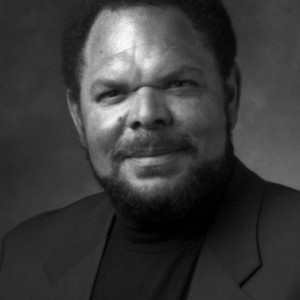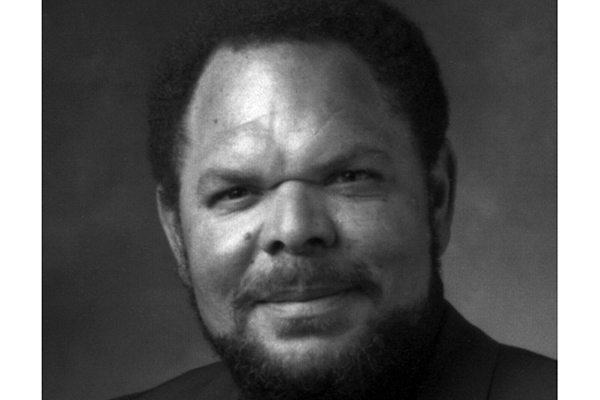Management, beware: While attempting to achieve equality and egality in your business, you should not use labels for — and any consideration of — baby boomers, millennials and such.
In other words, said a linguistic expert from Washington University in St. Louis who participated in an elite 15-member committee announcing July 21 its findings on what he calls “potentially harmful” categorizing, it’s time to nix the generational mindset in business.

“One size will not fit all, and the report offers advice on how to avoid mistakes that could easily happen if employment decisions are generalized based on generational stereotypes,” said John Baugh, the Margaret Bush Wilson Professor in Arts & Sciences and a member of The National Academies of Sciences, Engineering and Medicine committee convened for this study. “I hope the business community will heed the recommendations, which emphasize that decisions about how to work best with employees of different ages will be specific to the organization for which they work.”
Indeed, the committee found in its report — titled “Are Generational Categories Meaningful Distinctions for Workforce Management?” — that scientific research neither supports nor informs workforce decisions based on such generational grouping.
 The study, gathering academic scholars, professionals and a retired U.S. Air Force brigadier general under the sponsorship of the U.S. Army Research Institute for the Behavioral and Social Sciences, concluded that such general and generational management can lead to prejudice, bias and stereotyping. For instance, labeling may not even apply: Someone from any generation might place the greatest priority on work-life balance or career advancement. People differ.
The study, gathering academic scholars, professionals and a retired U.S. Air Force brigadier general under the sponsorship of the U.S. Army Research Institute for the Behavioral and Social Sciences, concluded that such general and generational management can lead to prejudice, bias and stereotyping. For instance, labeling may not even apply: Someone from any generation might place the greatest priority on work-life balance or career advancement. People differ.
Age, far more than an amorphous generation category, is a better gauge, Baugh said, because “their generational status changes over their lifetime, from infancy to old age.” The report noted that an employers’ best practices are to focus on mission, workers, customer audience and job requirements — and remain flexible to adjust to changing worker needs.
“The terminology used to describe different generations, such as Gen Z, millennials or baby boomers, was not based on scientific evidence, but grew from social observations that were linked to groups who were born at different time periods,” added Baugh, professor of psychology, anthropology, education, English, linguistics and of African and African-American studies, all in Arts & Sciences.
“I hope that readers who are informed by this report will avoid the potential pitfalls that could easily occur if generational labels formed the basis of decision making, business practices or research that might more appropriately be attributed to cohort effects.”


